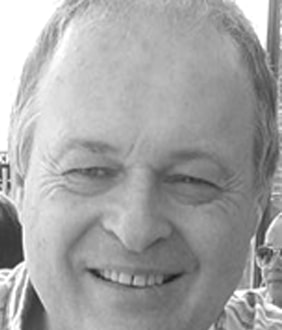John Blanke : An Entry Point to Enquiries About Attitudes to Race. There’s an activity I’ve used in schools and with trainee teachers. I show them the image of John Blanke without comment, inviting their questions.
Who is he? When? What is he doing and why? Then I show them this, by Onyeka: The evidence suggests that Africans in Tudor society … were integrated into their local communities in a way that many white European immigrants were not. How can we test the truth of this historian’s assertion? We look at more evidence: • What more we know of John Blanke: his petition for a pay rise and his royal wedding gift • The treatment of ‘other’ Europeans: Catholics, Walloons, Huguenots, Romany, Hansa merchants • Miranda Kaufmann’s work on the Africans in St Botolph’s parish – as well as stories such as the Black Mary Rose diver Jacques Francis • Negative responses to Tudor Africans – from Thomas More, John Hawkins and, it seems, Queen Elizabeth They share their findings and have to come to a conclusion: is Onyeka right? Responses vary: • We need more evidence • There was a range of attitudes • Religion, not ‘race’, was what defined the ‘other’ • Racist attitudes existed/didn’t exist • We can’t reach a final judgement based on so few examples … John Blanke – accessible through the enticing image that shows and hides so much – represents many others whose faces we cannot see. Witness to events at the seat of power, he is an entry point to enquiries about attitudes to ‘race’ before England’s immersion in the triangular trade, perhaps about the impact of the Spanish Reconquista or The Reformation – but most of all, about who the working people of England really were. What we know and don’t know about him and his world opens children to the power, the opportunities and the limitations of historical enquiry. And, of course, there is the excitement and astonishment on the faces of 21st century young people who see themselves in a 16th century painting and immediately rethink so much of what they have been told. For this, he rightly features centrally in our books for the GCSE Migration course and should be a familiar face in every classroom. Martin Spafford Educator |
| The John Blanke Project | martin spafford |
